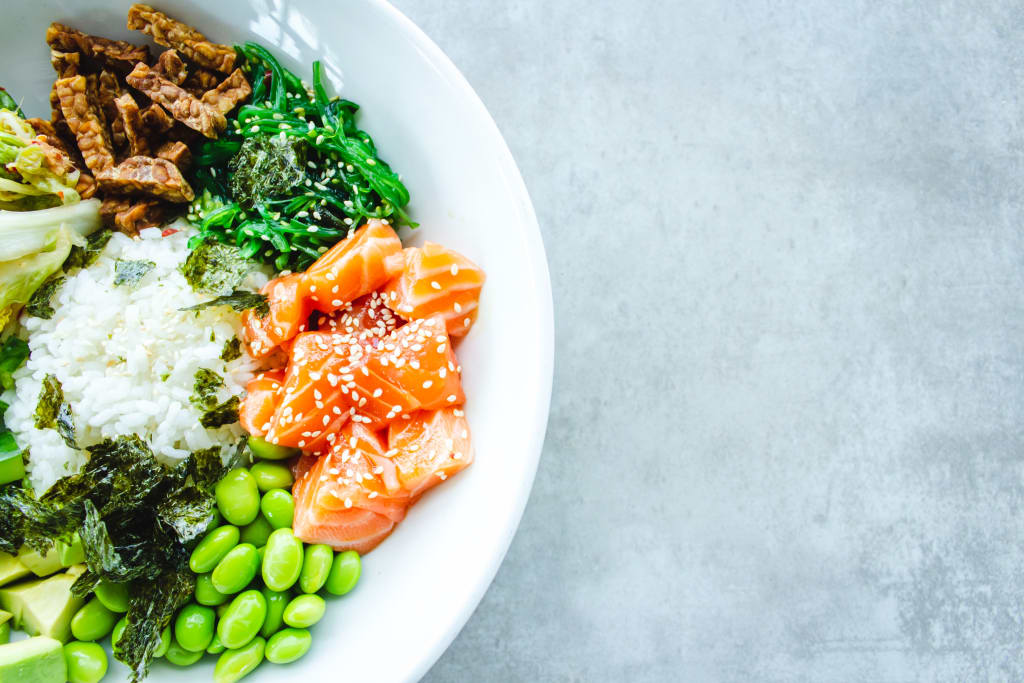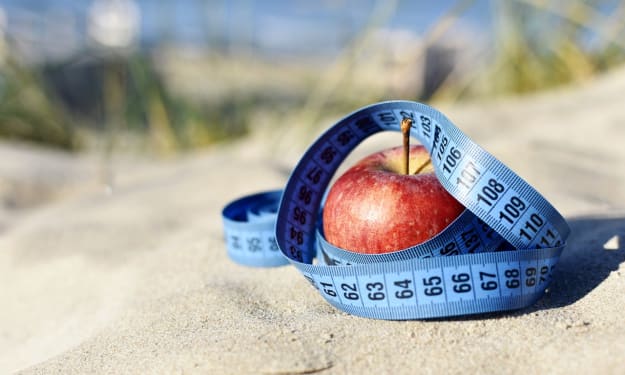
The ketogenic diet, or "keto" diet for short, is a high-fat, low-carbohydrate diet that has been gaining popularity in recent years. It involves drastically reducing carbohydrate intake and replacing it with fat, leading the body to enter a state of ketosis in which it begins to burn fat for energy instead of carbohydrates. A keto meal plan typically consists of high-fat, low-carb foods such as meats, seafood, eggs, non-starchy vegetables, and healthy fats such as avocado and olive oil. Proponents of the diet claim that it can lead to weight loss, improved blood sugar control, and other health benefits. However, it is important to note that the diet may not be suitable for everyone, and it is important to speak with a healthcare professional before starting any new diet or exercise plan. In this article, we will provide an overview of the keto diet and discuss the potential benefits and risks of following a keto meal plan.
What types of foods are typically included in a keto meal plan?
A keto meal plan typically consists of high-fat, low-carb foods such as:
- Meats: beef, pork, lamb, poultry, and game meat
- Fish and seafood: salmon, trout, shellfish, and other fatty fish
- Eggs: whole eggs with the yolk
- Non-starchy vegetables: leafy greens, broccoli, cauliflower, and other low-carb vegetables
- Healthy fats: avocado, olive oil, coconut oil, and other high-fat, low-carb foods
In addition to these foods, some people on a keto diet may also include small amounts of low-carb fruits, such as berries, as well as nuts and seeds in moderation. It is important to note that while a keto diet may be high in fat, it is important to choose healthy, unsaturated fats and avoid unhealthy saturated and trans fats. It is also important to limit intake of processed foods and focus on whole, nutrient-dense foods.
Can a keto meal plan be followed by people with food allergies or sensitivities?
In general, the keto diet can be followed by people with food allergies or sensitivities, as long as they are able to include a sufficient variety of nutrient-dense foods that meet their needs and do not trigger any allergic reactions. However, it is important for individuals with food allergies or sensitivities to carefully plan their meals and pay attention to food labels to ensure that they are not consuming any allergens.
For example, if you are allergic to dairy, you can still follow a keto diet by choosing non-dairy sources of fat such as olive oil, avocado, and coconut oil, and by including non-dairy protein sources such as meats, fish, eggs, and plant-based proteins. Similarly, if you have a gluten intolerance, you can choose gluten-free grains and flours such as almond flour and coconut flour for baking, and focus on incorporating naturally gluten-free foods such as meats, vegetables and nuts, into your meals.
It is always important for individuals with food allergies or sensitivities to consult with a healthcare professional or registered dietitian before starting any new diet to ensure that it is safe and appropriate for their needs.
How does the macronutrient breakdown of a keto meal plan compare to other types of diet plans?
The macronutrient breakdown of a keto meal plan is typically quite different from other types of diet plans. The main macronutrients are carbohydrates, proteins, and fats, and the balance of these macronutrients in a diet can have a significant impact on health and wellness.
On a standard keto diet, the macronutrient breakdown is typically as follows:
Fat: 70-80% of total calories
Protein: 20-25% of total calories
Carbohydrates: 5-10% of total calories
This is in contrast to the typical macronutrient breakdown of a standard Western diet, which is often higher in carbohydrates and lower in fat:
Fat: 20-35% of total calories
Protein: 10-35% of total calories
Carbohydrates: 45-65% of total calories
The macronutrient breakdown of other types of diet plans, such as a low-fat diet or a vegetarian diet, may be quite different from both the standard Western diet and the keto diet. It is important to note that the ideal macronutrient breakdown will vary depending on an individual's specific needs and goals, and it is important to consult with a healthcare professional or registered dietitian to determine the best approach for you.
What are the potential health benefits of following a keto meal plan?
There are several potential health benefits of following a keto diet, although it is important to note that the evidence for many of these benefits is not yet strong and more research is needed. Some of the potential health benefits of the keto diet include:
Weight loss: The keto diet may be effective for weight loss, as it can help to reduce appetite and increase feelings of fullness, leading to a reduction in calorie intake.
Blood sugar control: The keto diet may be helpful for individuals with diabetes or at risk of developing diabetes, as it can lead to improved blood sugar control and reduced reliance on medications.
Improved cholesterol levels: The keto diet may lead to improvements in cholesterol levels, including an increase in "good" HDL cholesterol and a decrease in "bad" LDL cholesterol.
Increased mental clarity and focus: Some people following a keto diet report improved mental clarity and focus, although more research is needed to understand the mechanisms behind this effect.
Decreased inflammation: The keto diet may lead to reduced inflammation in the body, which may be beneficial for a variety of health conditions.
It is important to note that the keto diet may not be suitable for everyone, and it is important to speak with a healthcare professional before starting any new diet or exercise plan. Additionally, it is important to follow a balanced, nutrient-dense keto diet rather than focusing solely on macronutrient ratios, as getting adequate nutrients is essential for good health.
Are there any potential drawbacks or risks to following a keto meal plan?
There are some potential drawbacks and risks to be aware of when following a keto diet. Some of the potential drawbacks and risks include:
- Difficulty sticking to the diet: The keto diet can be challenging to stick to due to its strict carbohydrate restrictions and the need to carefully plan meals and track intake.
- Nutrient deficiencies: The keto diet may be low in certain nutrients, such as fiber and certain vitamins and minerals found in grains, fruits, and vegetables, which may increase the risk of deficiencies if these nutrients are not adequately replaced.
- Increased risk of heart disease: Some studies have suggested that a diet high in saturated fat may increase the risk of heart disease, although the evidence is not yet strong and more research is needed.
- Increased risk of kidney stones: The keto diet may increase the risk of developing kidney stones, particularly in individuals with a history of kidney stones or kidney problems.
- Gastrointestinal problems: Some people following a keto diet may experience gastrointestinal problems such as constipation, diarrhea, or nausea.
It is important to note that the keto diet may not be suitable for everyone, and it is important to speak with a healthcare professional before starting any new diet or exercise plan. Additionally, it is important to follow a balanced, nutrient-dense keto diet rather than focusing solely on macronutrient ratios, as getting adequate nutrients is essential for good health.
About the Creator
event zee
I`m a Content Creator






Comments
There are no comments for this story
Be the first to respond and start the conversation.